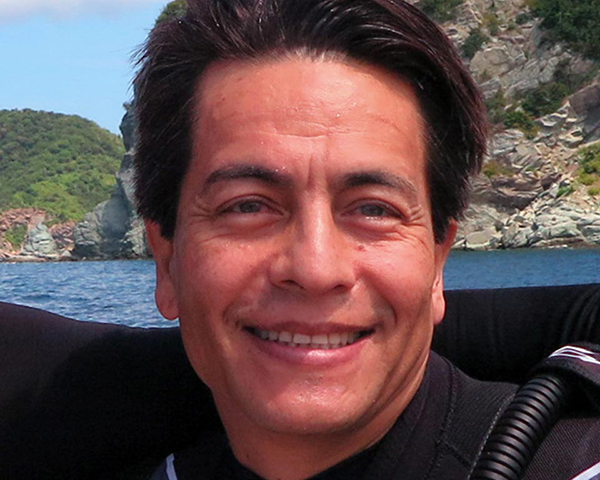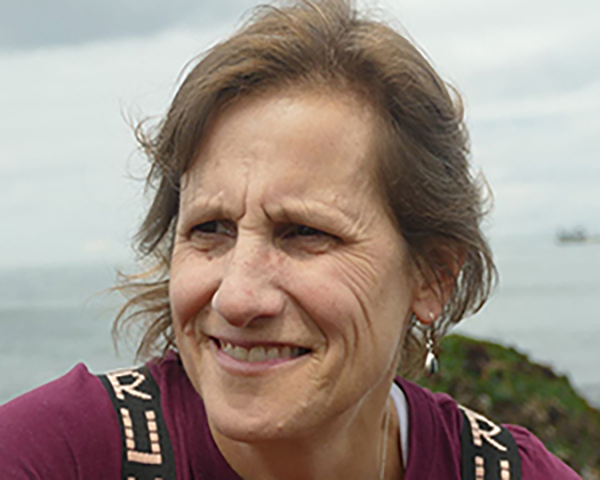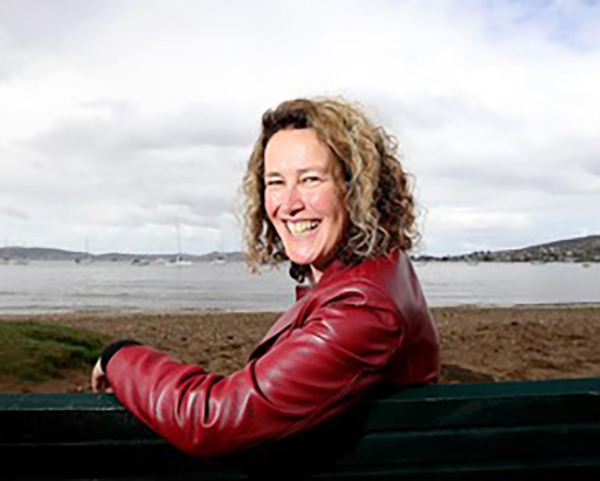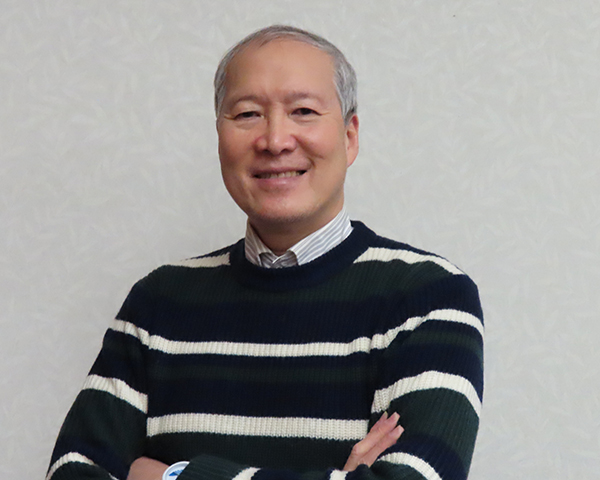
Prof. Guillermo Diaz-Pulido
School of Environment and Science at Griffith University (Brisbane), Australia
Plenary talk title:
Coralline red algae and their roles in coral reef resilience
Professor Guillermo Diaz-Pulido is a phycologist and marine ecologist, and his research focusses on understanding the roles of macroalgae (or seaweeds) in coral reef ecosystems, and the influences of human activities and natural processes on algal biology, physiology and ecology, and reef functioning. Guillermo’s research is multidisciplinary, transecting marine biogeochemistry, global climate change (acidification, warming) & conservation. His pioneering research on the physiological and ecological effects of anthropogenic activities on reef algae has been fundamental for the understanding of the ramifications of elevated CO2 on the ecological dynamics between macroalgae and corals, and on reef building processes. His research on the biology, physiology, diversity and ecology of coralline red algae is currently informing critical management strategies for the conservation of reef ecosystems.

Prof. Catherine A. Pfister
Department of Ecology and Evolution, University of Chicago, USA
Plenary talk title:
“Canopy kelp and their microbial associates: understanding a network of interactions”
Prof. Cathy Pfister has had a fondness for seaweed populations her entire career and has worked with the kelp of the northeast Pacific Ocean for more than 30 years. Her recent efforts are focused on the microbial associates of kelp and their implications for kelp fitness and the cycling of nutrients in coastal areas. She is a Professor at the University of Chicago, USA.

Prof. Catriona Hurd
Institute for Marine and Antarctic Studies, University of Tasmania, Australia
Plenary talk title:
“Getting to know your seaweed: fundamental information needed to bring new species into cultivation”
Prof. Catriona L. Hurd is a phycologist with expertise in the physiological responses of seaweeds to environmental drivers including light, temperature, water motion, dissolved inorganic carbon, and nutrient supply. Her research currently focuses on the impacts of ocean acidification, ocean warming, and marine heat waves on seaweed metabolism, assessing the role of seaweeds in marine Carbon Dioxide Removal and on the development of seaweed aquaculture in Australia.

Dr. Lawrence Liao
Graduate School of Integrated Sciences for Life, Hiroshima University, Japan
Plenary talk title:
“The Philippines at the threshold of global phycology”
Dr. Lawrence Liao has worked with algal systematics around Southeast Asia for the past 30 years. After obtaining his Ph.D. from the University of North Carolina at Chapel Hill under the guidance of the late Prof. Max H. Hommersand, he taught and managed the phycological herbarium at the University of San Carlos (Cebu City, Philippines) for several years before accepting a professorship at the School of Applied Biological Science of Hiroshima University. His interests include taxonomic questions of Indo-Pacific macroalgae with a particular focus on economic species, the use of seaweeds for documenting local environmental change, and the training and support of phycological manpower in technologically disadvantaged regions. He was recently elected to the Board of the International Phycological Society which provided him with a global stage to further pursue advocacies related to international phycological cooperation. Earlier, he was the national president of the Association of Systematic Biologists of the Philippines and is today the Editor-in-Chief of its journal. A keen observer and lifelong player in Southeast Asian phycology, he will talk about the role of the Philippines in the development of phycology in this part of the world.
